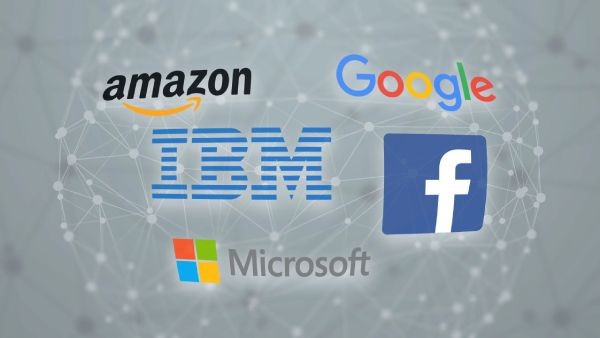
In a sweeping wave of organizational overhauls, major technology companies have laid off more than 63,000 employees globally in 2025, citing economic headwinds and the rapid integration of artificial intelligence (AI) as key drivers behind the decision2.
A New Era of Restructuring
Leading firms such as Microsoft, Google, Amazon, IBM, Intel, and Bumble have all announced significant workforce reductions. Microsoft alone has cut 6,000 jobs, its largest layoff since 2023, with further reductions expected in its Xbox division3. Google has let go of hundreds across its Android, Pixel, and Chrome teams, following a merger of its Platforms and Devices units. IBM, meanwhile, has reportedly laid off 8,000 employees, primarily from its Human Resources department, as AI tools begin to replace traditional HR functions.
AI: Catalyst for Change
The integration of AI and automation has emerged as a central theme in these layoffs. Companies are increasingly turning to AI to streamline operations, reduce manual workloads, and boost productivity. IBM CEO Arvind Krishna emphasized that while AI is replacing some roles, the company is reinvesting savings into growth areas like software development and marketing.
Microsoft, too, is shifting focus toward engineering and AI-driven innovation, reducing administrative layers to stay competitive in a rapidly evolving tech landscape.
Economic Pressures Add to the Strain
Beyond technological transformation, sluggish revenue growth and global economic uncertainty have compounded the pressure on tech firms to cut costs. Intel, for instance, is not only laying off employees but also considering shutting down its automotive unit and outsourcing marketing functions.
Bumble, the dating platform, has announced a 30% reduction in its global workforce, aiming to save $40 million annually and redirect those funds into product and technology development.
The Road Ahead
While these layoffs mark a challenging period for tech professionals, industry leaders argue that the restructuring is necessary to adapt to a future increasingly shaped by AI. As companies recalibrate their strategies, the focus is shifting from traditional roles to AI-enhanced productivity, leaner operations, and long-term innovation.
For many, this moment signals not just a workforce reduction—but a fundamental redefinition of work in the digital age.
